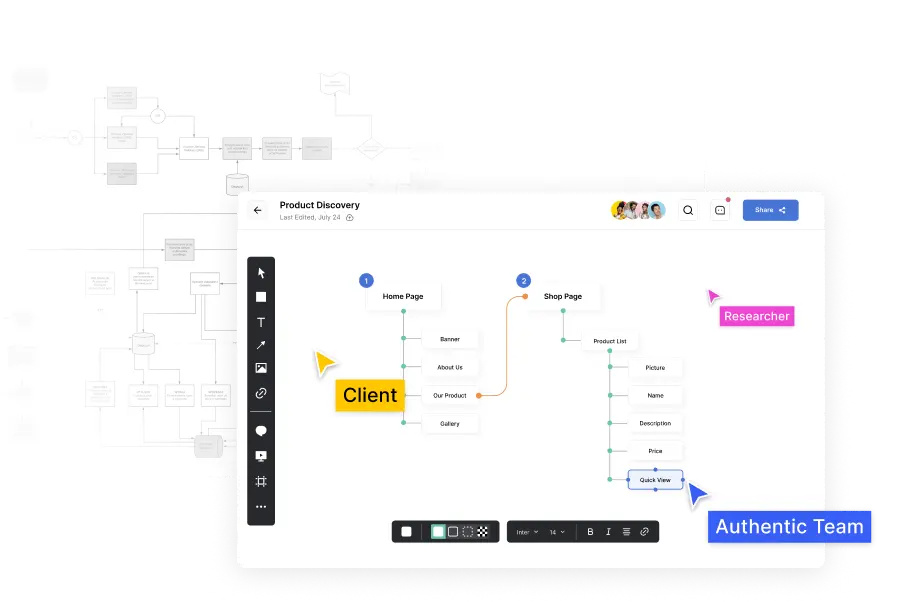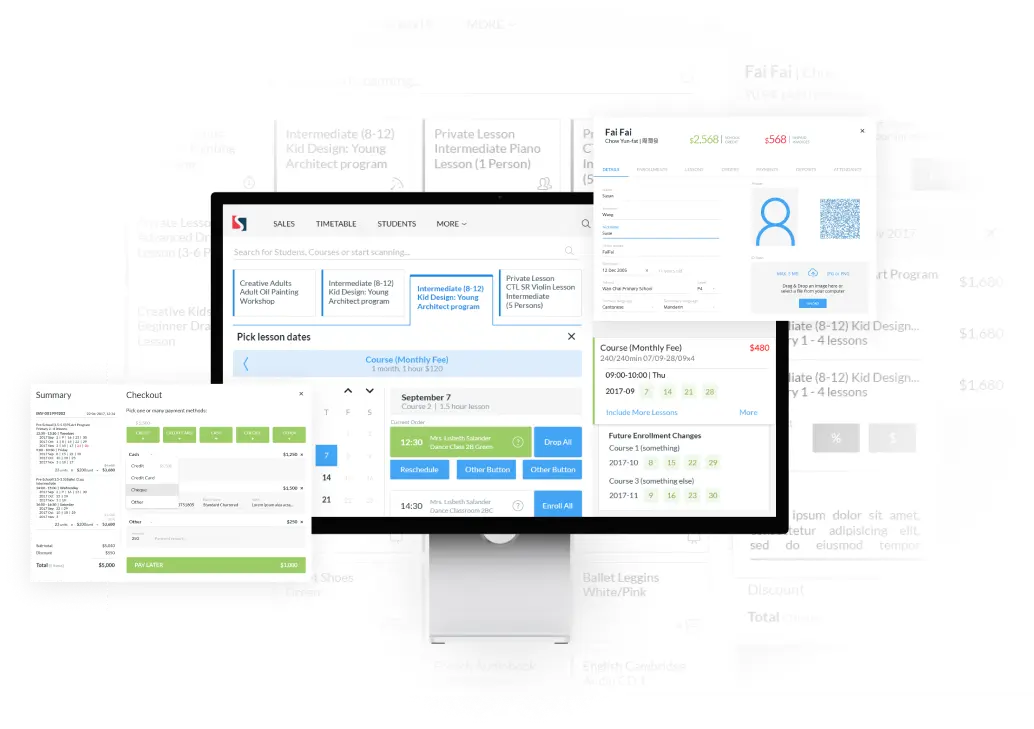
Align Your Goals with a Feedback Review
Goals do not always align with reality. It is essential to gather feedback on your product’s performance.
Schedule Expert Session
There can be no performance improvement without a Feedback review
What do your product’s users say? What are their experiences? Does your product meet their needs?
These fundamental questions must be addressed, yet many companies assume they know better than their users.
Getting feedback is just the starting point —reviewing and acting on it is just as crucial. Using the right tools, we ensure you understand how your product is received and what improvements are needed.
What are the benefits of Feedback review stage?
Feedback on Your Product's Performance
The first step is to gain a deep understanding of users’ experiences with the product. It is essential to collect feedback using the right tools and methodology. It’s not only about what users are saying, but also how— how do we gather insights into user experience and how do we interpret them effectively?
Testing Your Assumptions
Once you have analysed the feedback, you can compare it against your initial assumptions to see if they align with the users’ actual experiences. Many companies believe they know their product best—its strengths and weaknesses.
Gaining Data for Reporting
All collected data can be compiled into a clear and structured report, ensuring the entire team understands the next steps to address user feedback and ultimately improve the product.
P.S.: Google Analytics is not always the best tool for analysing your product’s performance.

How a Tailor-Made Solution Contributed to Company Scalability
Modernization of the management system and the introduction of a franchising module elevated the brand's visibility & fostered its scalability. Such an approach significantly enhanced brand presence in a competitive marketplace.
-
How does your team work?
-
What kind of specialists do you have in your team?
-
What is the minimum lead time for a project?
-
What kind of project management methodology do you use?
-
What is the cost range of projects you’ve worked on?
-
Which industries have you worked with so far?
-
Where can I find examples of your work?
Product Creation
Our expert team guides the design process, ensuring your products align with your exact specifications and are poised for market success, emphasising precision and readiness.
More about Product CreationSales Support
A well-designed UX and UI can significantly boost your company's sales. If you are unsure how to achieve this, explore our work process.
More about Sales Support